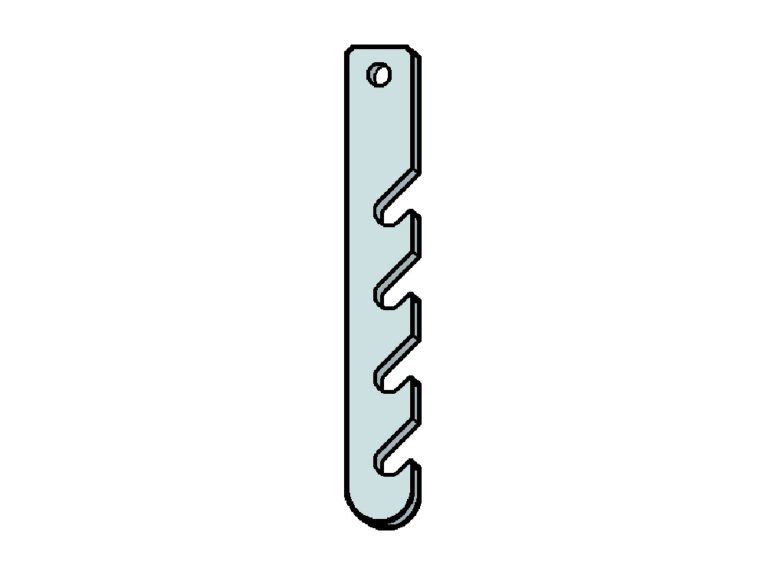ne pas envoyer dire
The French expression “ne pas envoyer dire” (also written as “ne pas l’envoyer dire”), means “to say something to someone, very directly, bluntly, or unceremoniously.”
Example of usage
- “C’est qu’il n’est pas content ! Non, foutre ! Il n’est pas content, et il ne l’envoie pas dire !” (It’s because he is not happy. No, damn! He isn’t happy, and he makes no bones about it).
- “La gosse n’aime pas ses galons et elle ne lui envoie pas dire” (the little girl doesn’t like her braids and she says so, in no uncertain terms)
- “Tu sais ce que je suis et ta mère ne me l’a pas envoyé dire, tout à l’heure” (You know what I am, and your mother told me without pulling any punches, just now)






